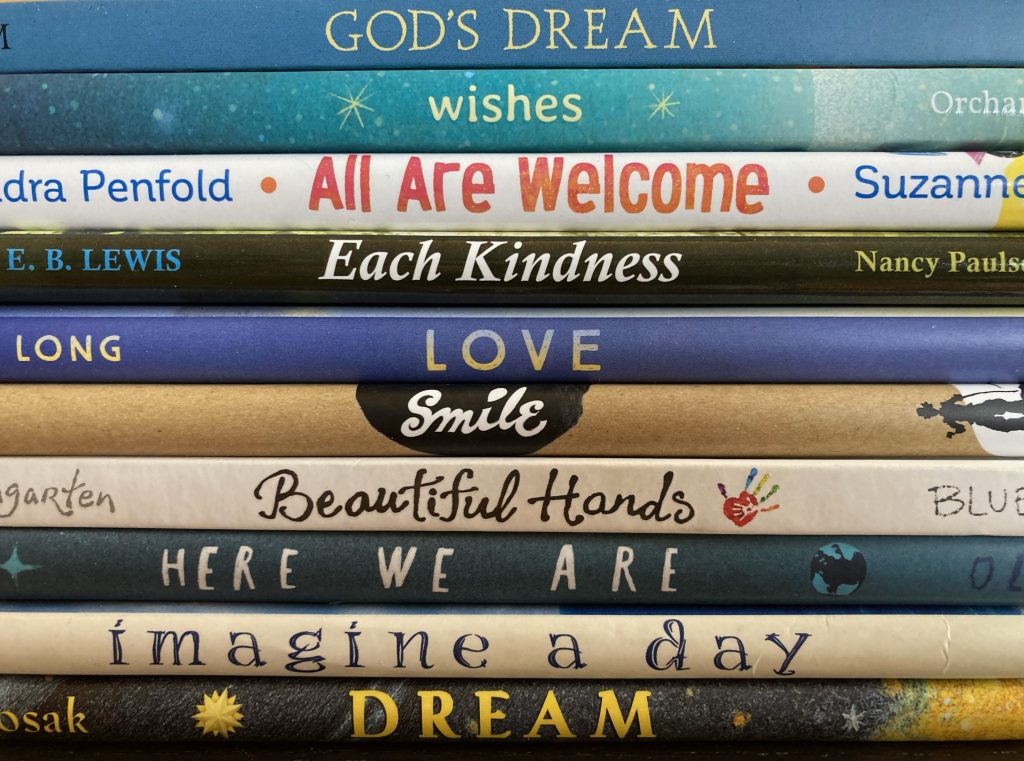I recently heard a comment that infuriated me: a flippant remark about the perceived realities in our classrooms implying that everyone has low and manageable class sizes.
Sometimes numbers don’t mean much. 25 students in one class is not the same as 25 students in another. The needs, challenges, and behaviour of the individuals within a classroom certainly change the dynamics.
Regardless of your class size, wouldn’t you like to invite a politician into your class? Not just for a short visit but to hand over the curriculum and watch them teach your students for a few days… considering the needs of each individual student, managing student behaviour, planning engaging instructional tasks, preparing materials, assessing and ensuring student understanding, communicating with parents, responding to the social, emotional, and physical needs of students the whole day through. And then, just when they think they’ve survived the day, remind them to spend their evenings and weekends preparing for the implementation of three new subject area curricula (first understanding it, and then planning, finding resources, and developing assessments).
I wonder… how long would it be before they decided to postpone the implementation of the draft curriculum?
When comments are made about teaching and teachers without an understanding of the realities of our work, I get a tad defensive. I certainly wouldn’t want to be a politician and I don’t think I’d be very good at it either. But, don’t take a swipe at teachers. Teachers are amazing and they often juggle much more than seems plausible.
For many of you reading this, Spring Break is almost here. And when it arrives, be sure to take some time away from the classroom and away from your work. You deserve every moment of down time.

